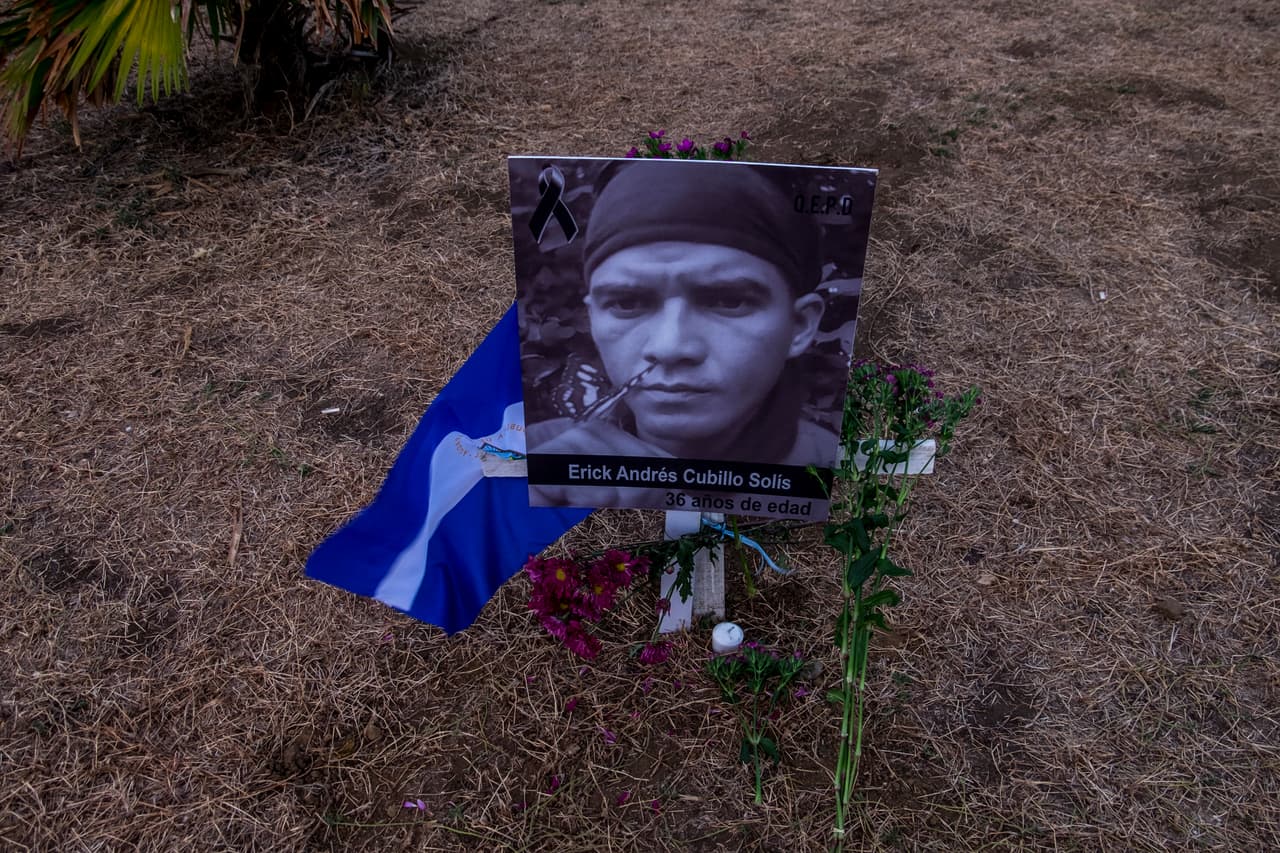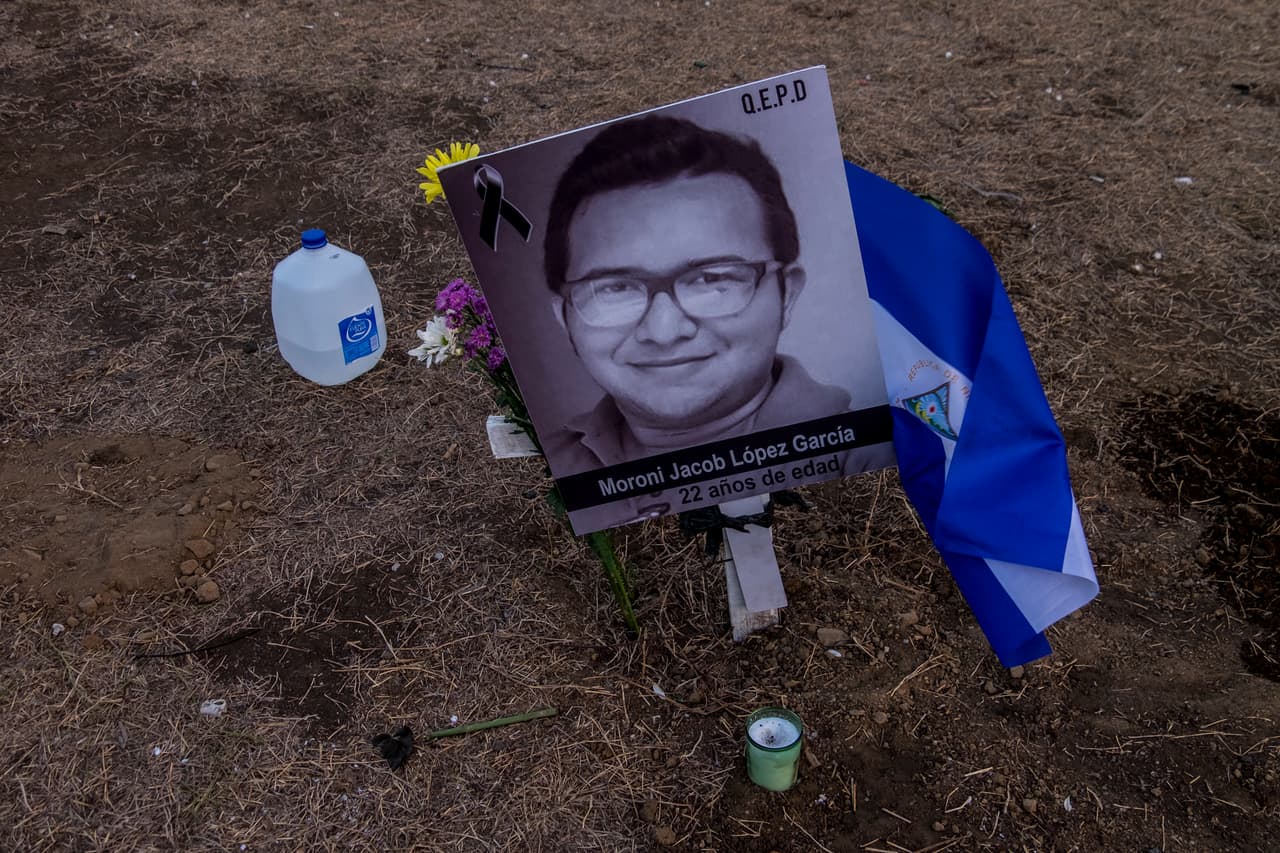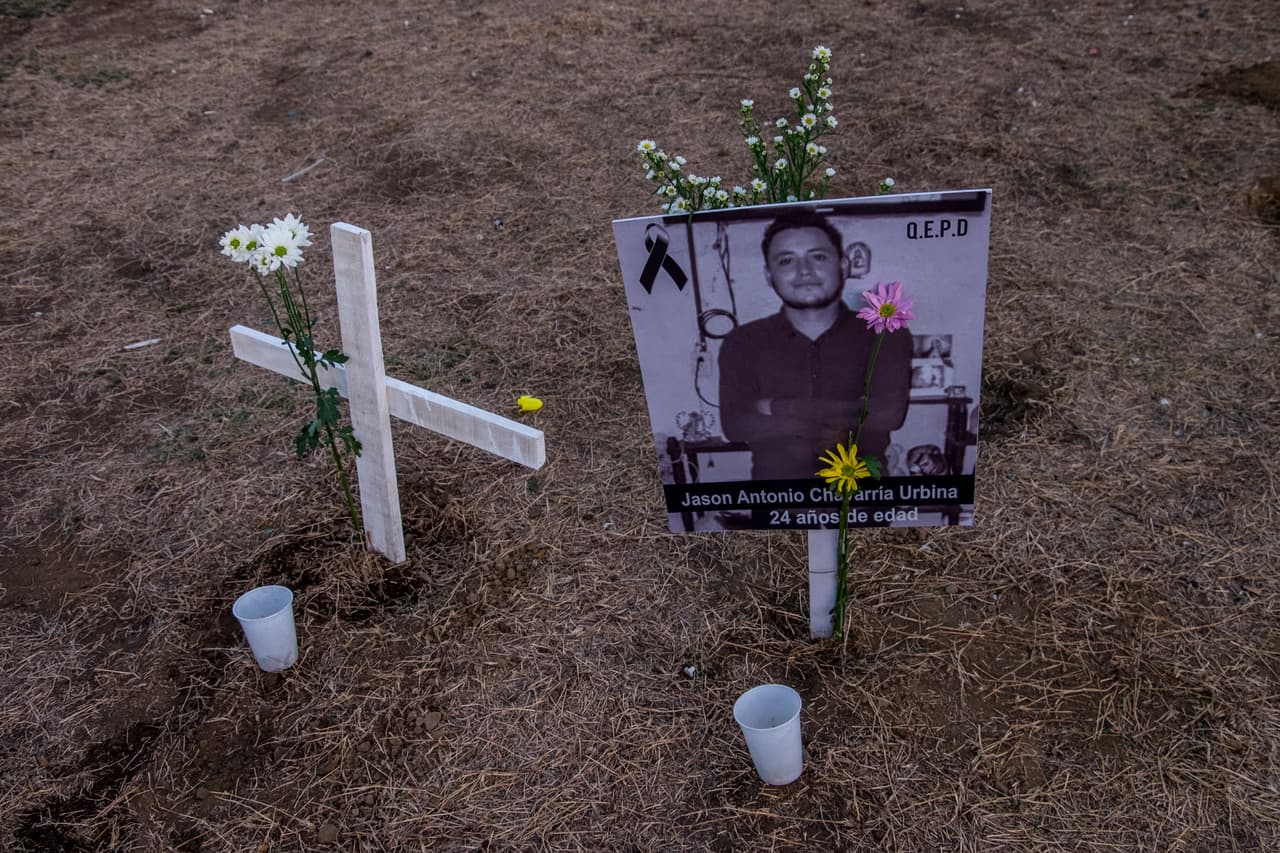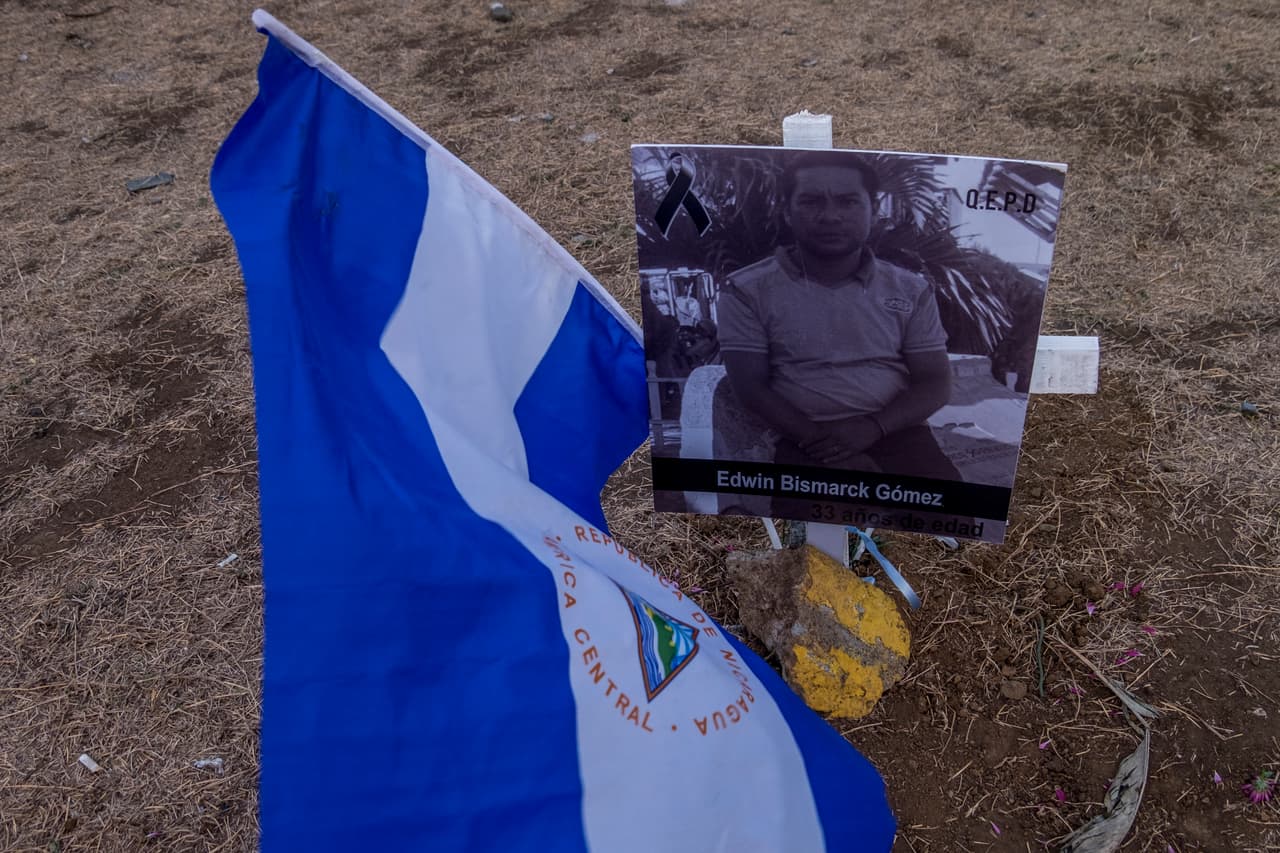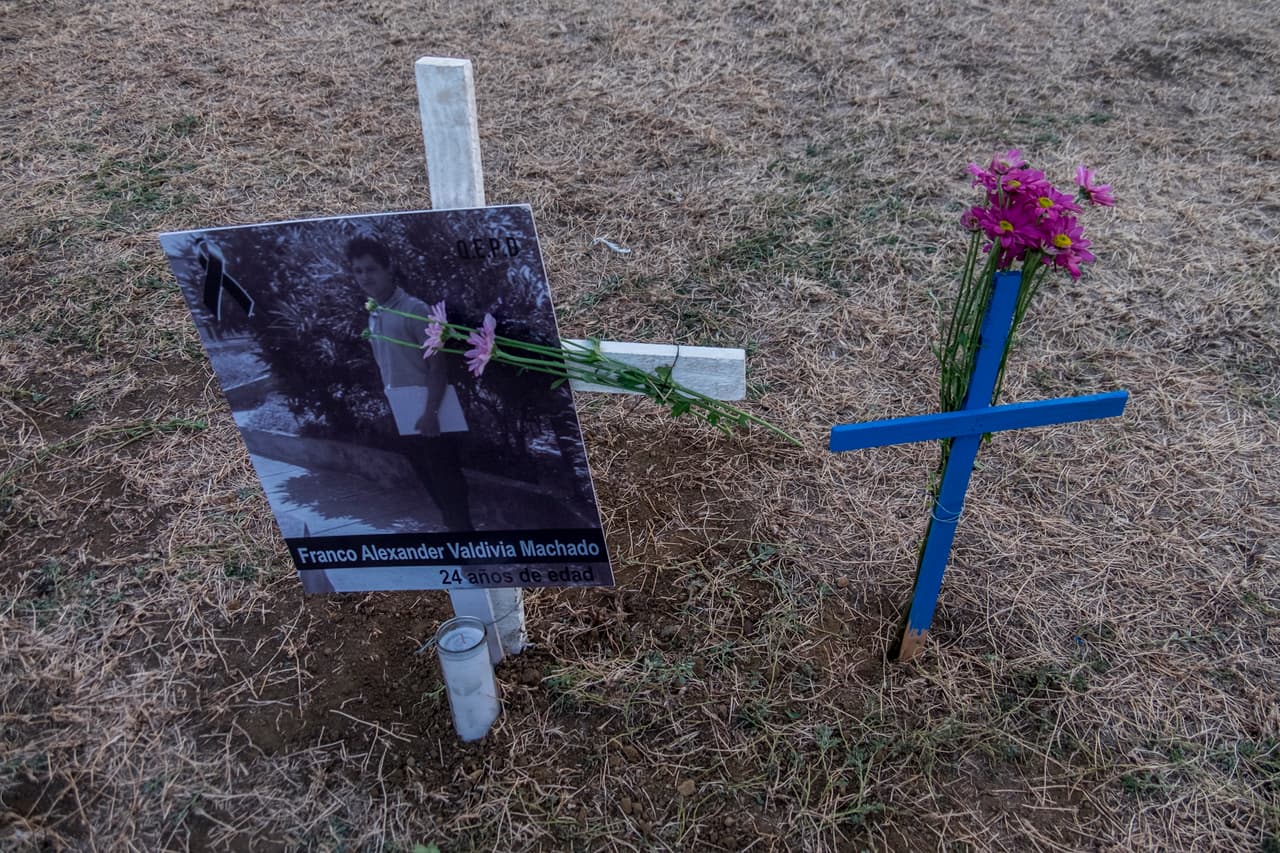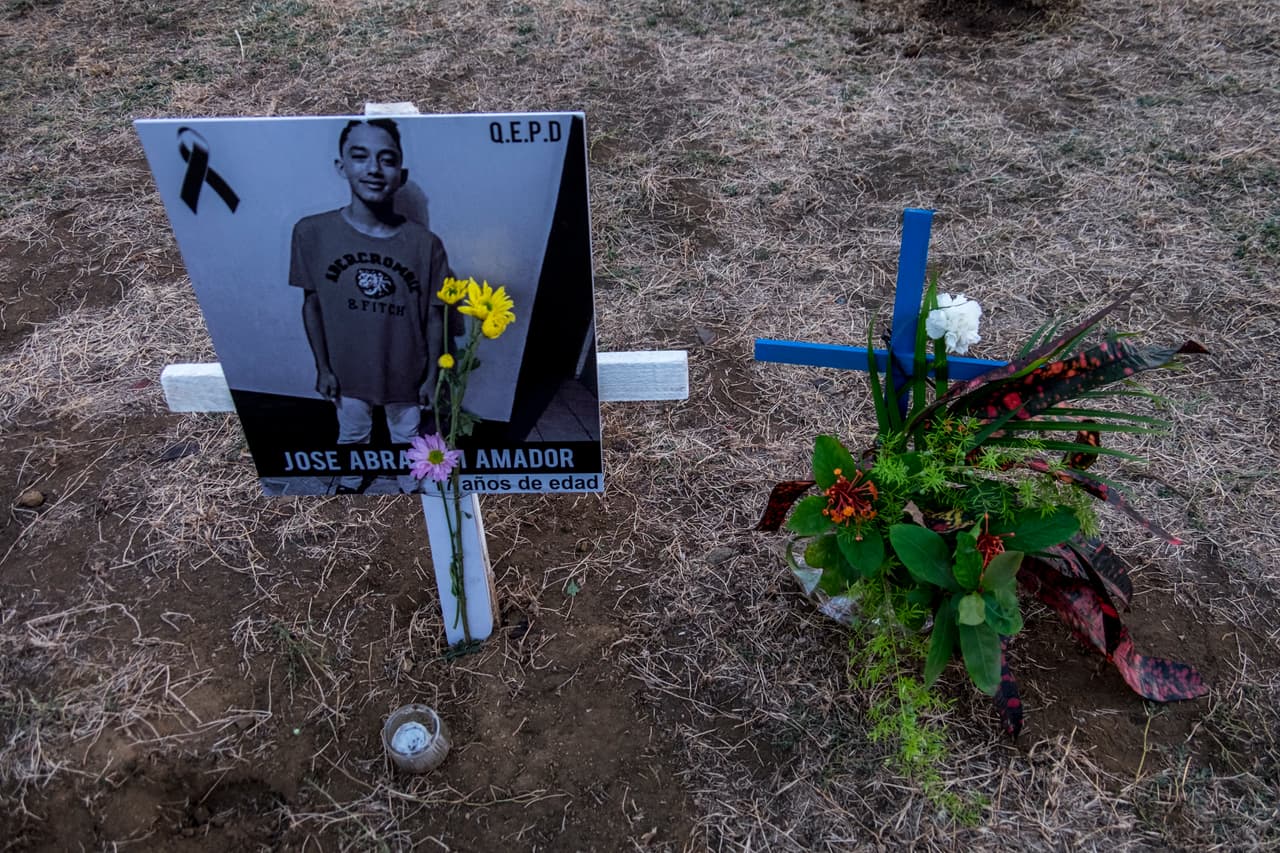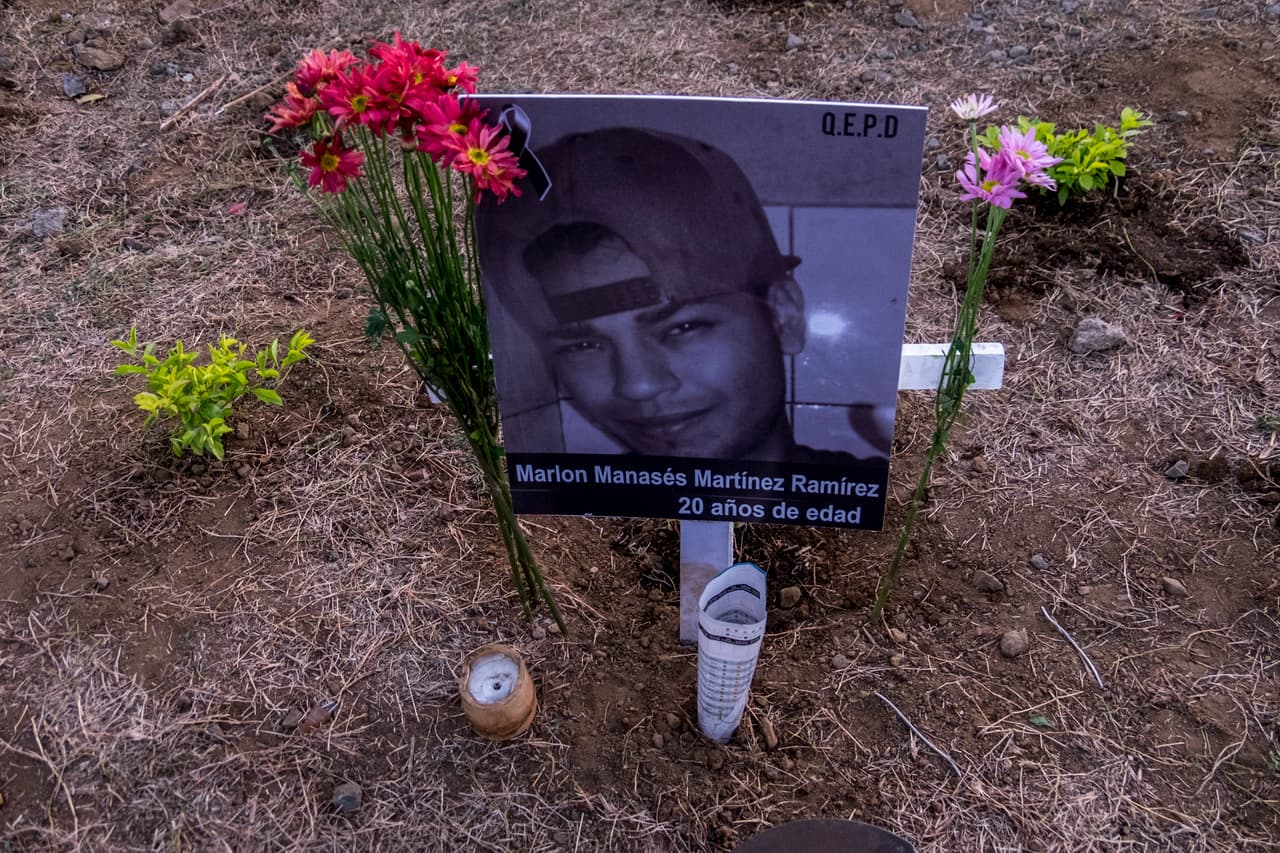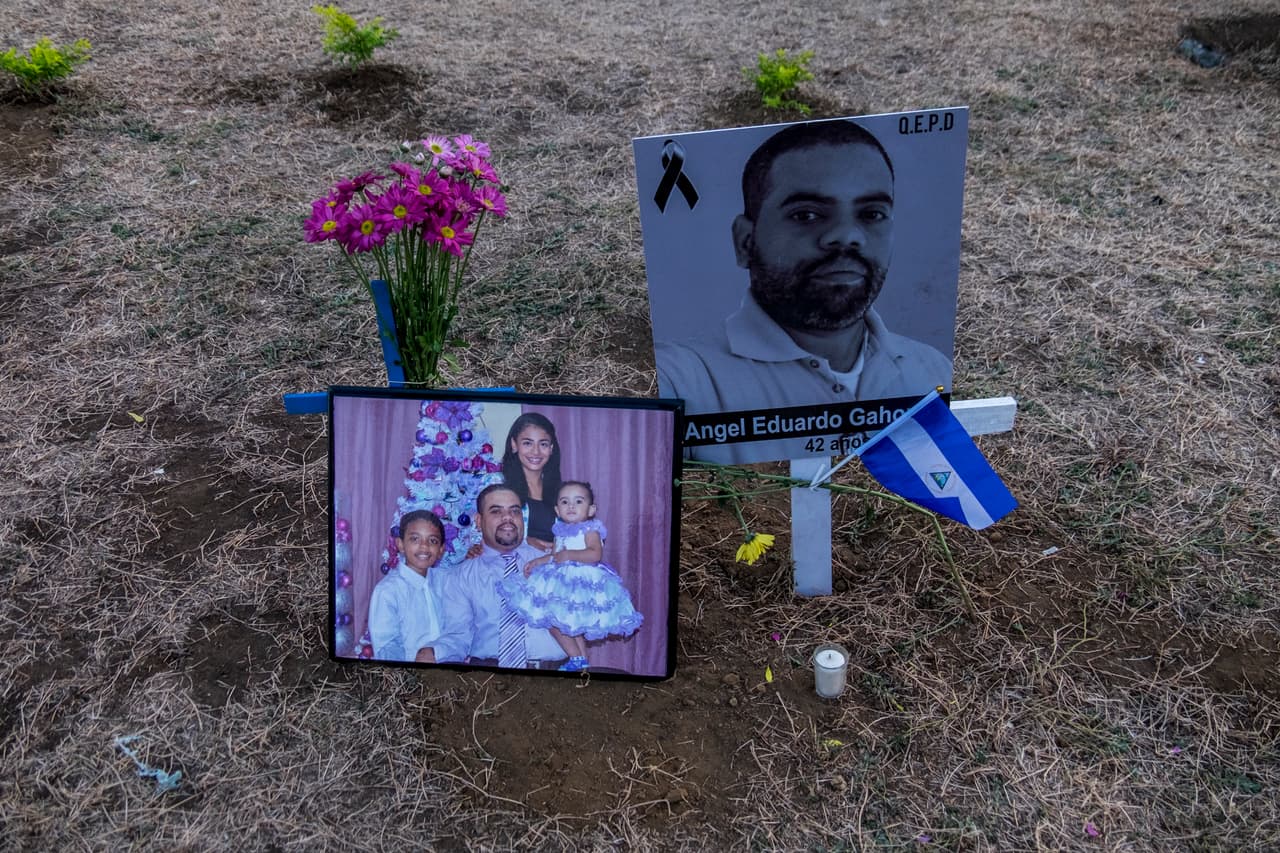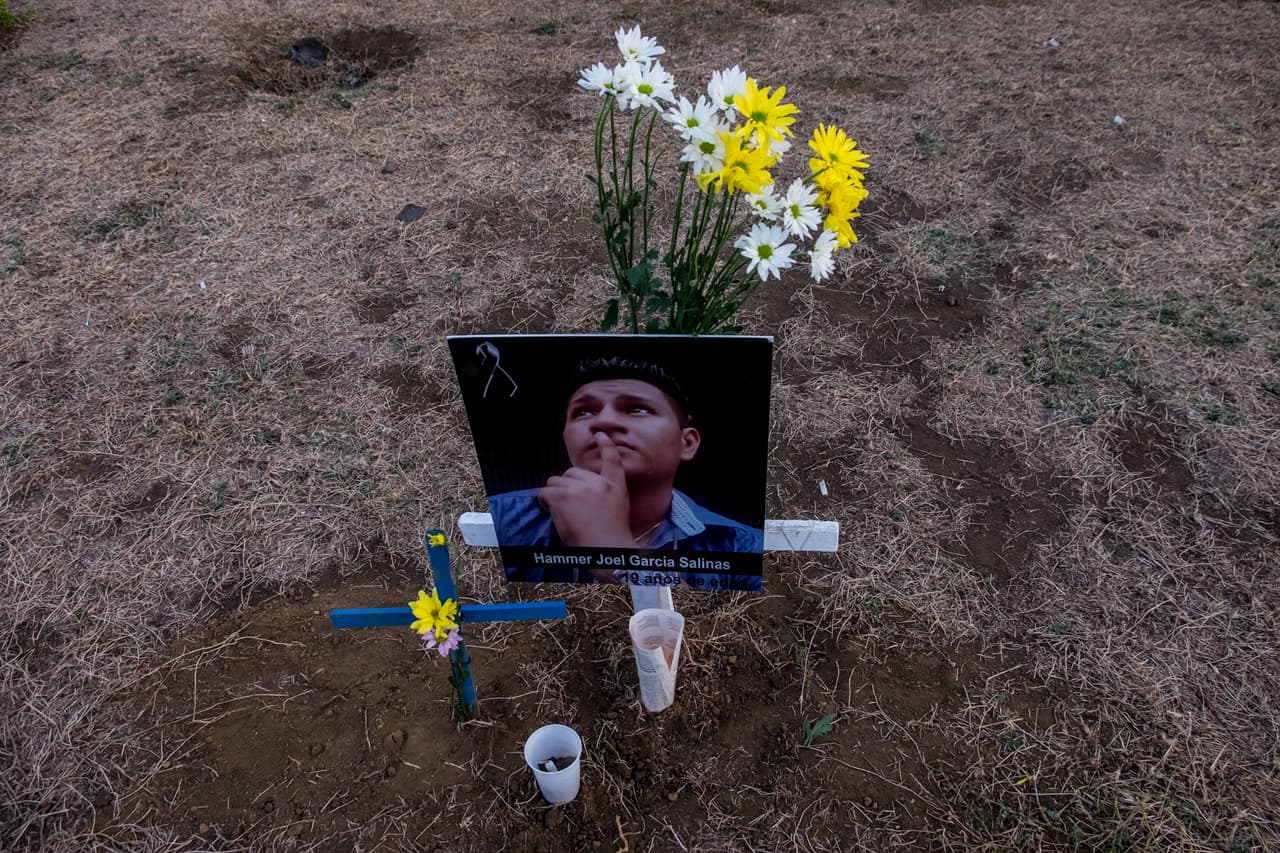MIAMI - One of the Nicaragua’s most respected civil society and human rights leaders, Félix Maradiaga, is preparing to return home from the United States on Monday to an uncertain fate.
UPDATED: Nicaraguan human rights leader delays flight home to face arrest order for alleged terrorism charge
Felix Maradiaga told Univision “I am not afraid,” despite death threats and two recent assassination attempts. He said his return is an act of “civil disobedience” in order to be with the “valiant” people on the streets.
A police arrest warrant was issued for him June 5, alleging his involvement in terrorism and organized crime linked to a wave of anti-government protests that have swept the country in the last six weeks. He expects to be arrested the moment he steps off the plane.
In an interview Maradiaga told Univision News that he decided to return to Nicaragua anyway, despite the accusations which he dismissed as “completely comical, derisory and detached from reality.”
He said he was doing so in full awareness that the country currently lacks an independent and credible judiciary under the government of President Daniel Ortega.
“I am not afraid. The only court that I care about is the Nicaraguan court of public opinion, and it's more than clear That I have nothing to do with theese accusations,” he said in an interview at a Miami hotel.
Large crowds were expected at the airport Monday to protest his arrest. The US embassy had issued a warning about demonstrations at the airport with the recommendation to "reschedule flights if necessary."
US Ambassador Laura Dogu also said she was concerned about the accusations by the Nicaraguan government against civil society activists such as Maradiaga and Aníbal Toruño, director of Radio Darío, a radio station in the city of Leon critical of the government that was destroyed a few days ago.
Important words on all Nicaraguan human rights defenders including Felix Maradiaga and Anibal Toruno from Radio Dario. https://t.co/BRu9mOr2xo
— Kevin K. Sullivan (@USAmbNicaragua) June 7, 2018
More than 120 people have died in the street protests, mostly from bullets fired by police and Sandinista paramilitary youths, known as ‘turbas.’
Notas Relacionadas
The protests began after Ortega announced a surprise social security system reform that raised taxes and reduced benefits. Outrage over the repressive police tactics has since transformed the protests into a nationwide movement to force Ortega to resign.
Ortega has blamed the violence on right-wing groups who he says are "conspiring" to destabilize his government with the support of "extreme political groups in the United States."
Maradiaga said he had received numerous threats against his life since the anti-government protests began April 18, as well as two assassination attempts by gunmen on motorbikes. Like some of the university students leaders, he was forced to practically go into hiding, sleeping in different homes almost daily.
Notas Relacionadas

Are Ortega's days numbered in Nicaragua?
The accusation against him caught Maradiaga by surprise as he was attending the General Assembly of the Organization of American States (OAS) in Washington last week as part of the civil society delegation.
A political scientist who specializes in conflict resolution, Maradiaga, 41, is the director of the Institute of Strategic Studies and Public Policies (IEEPP) in Nicaragua.
“My career has been dedicated to building peace, conflict resolution and promotion of a civil society dedicated to strengthening democracy,” he said.
Notas Relacionadas

OAS passes weak Nicaragua resolution, no condemnation of Ortega government
Partly educated in the United States, Maradiaga, 41, was exiled in Miami in the 1980s aged 12 during the Nicaragua civil war and returned to the country after the 1990 election of Violate Chamorro. An alumni of the Yale University Institute of Global Affairs, its website describes Maradiaga as having “dedicated himself to strengthening peace, democracy, and the rule of law in Nicaragua.”
He has also attended courses at Harvard University and is a former Young Global Leader at the World Economic Forum.
"Felix Maradiaga is among the strongest supporters of democracy and human rights in Nicaragua,’ said Jennie Lincoln, director of the Latin America and Caribbean Program at the Carter Center, founded by former US President Jimmy Carter. “Carter Center projects in Nicaragua benefit from his collaboration and leadership of IEEPP,” she added.
He said he believed the government chose to announce the accusations while he was away in the hope that he would not return. For that reason, he added, it was important that he go back “as a form of civil disobedience, of peaceful resistance, because I think that is a way to show we have no fear of Daniel Ortega's tyranny.”
He also said he was not willing to be forced into exile again. “Nicaragua is the country where I was born and it's the country where I will die, and that's where my people are, the people who are valiantly taking to the streets,” he said.














